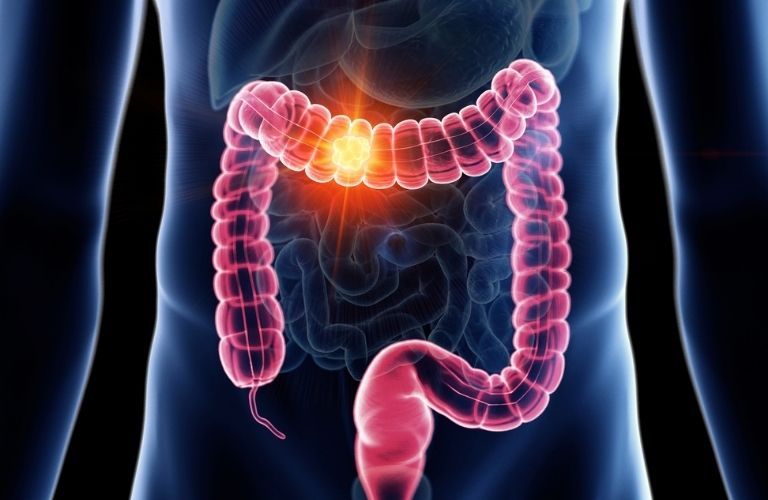
What Are The Symptoms Of Colorectal Cancer?
What Are The Symptoms Of Colorectal Cancer?
Colorectal cancer, also known as colon cancer or rectal cancer, is a type of cancer that affects the colon or rectum, which are parts of the large intestine. It is one of the most common cancers worldwide, but it is also highly treatable when detected early. Recognizing the symptoms of colorectal cancer is crucial for early diagnosis and timely intervention. In this article, we will explore What are the symptoms of colorectal cancer?.
- Changes in bowel habits:
One of the primary symptoms of colorectal cancer is a noticeable change in bowel habits. This may include:
a. Persistent diarrhea or constipation: If you experience persistent changes in your bowel movements that last for more than a few days without any apparent cause, it is advisable to consult a healthcare professional.
b. Narrow stools: Colorectal cancer may cause the stools to become narrower than usual. This is often referred to as a “pencil-thin” appearance and may indicate a blockage in the colon.
c. Unexplained urgency or feeling of incomplete bowel movements: If you frequently feel the need to have a bowel movement but are unable to pass stools or have a sensation of incomplete evacuation, it could be a potential sign of colorectal cancer.
- Rectal bleeding:
Rectal bleeding can occur for various reasons, and it should always be evaluated by a healthcare provider. Colorectal cancer may cause rectal bleeding, which can range from bright red blood in the stool to dark, tar-like stools. Any unexplained rectal bleeding, regardless of the color or amount, should be taken seriously and promptly investigated.
- Abdominal discomfort and cramps:
Persistent abdominal discomfort, such as cramps, pain, or bloating, can be indicative of colorectal cancer. While these symptoms are relatively common and can be caused by other conditions, if they persist for an extended period or worsen over time, it is essential to consult a doctor for proper evaluation.
- Unexplained weight loss and fatigue:
Unintentional weight loss is often associated with advanced stages of cancer. If you experience significant weight loss without any dietary or lifestyle changes, it could be a sign of colorectal cancer. Fatigue, weakness, and a general feeling of tiredness are also common symptoms associated with various types of cancer, including colorectal cancer.
- Iron deficiency anemia:
Colorectal cancer can lead to chronic blood loss in the gastrointestinal tract, resulting in iron deficiency anemia. Anemia can cause fatigue, weakness, shortness of breath, and pale skin. If you have been diagnosed with anemia without any apparent cause, it is important to investigate the underlying reason, which may include colorectal cancer.
While the presence of these symptoms does not necessarily indicate colorectal cancer, it is crucial to be aware of them and seek medical attention if you experience any persistent or concerning changes in your bowel habits, rectal bleeding, abdominal discomfort, unexplained weight loss, fatigue, or anemia. Early detection and treatment significantly improve the chances of successful outcomes in colorectal cancer cases. Regular screening tests, such as colonoscopies, are also recommended for individuals above a certain age or those with a family history of colorectal cancer. Remember, your health is important, and addressing any concerning symptoms promptly can make a significant difference in your overall well-being.






